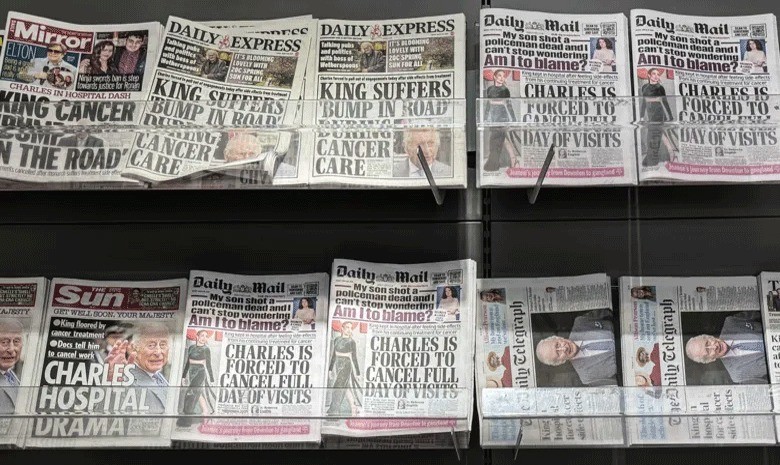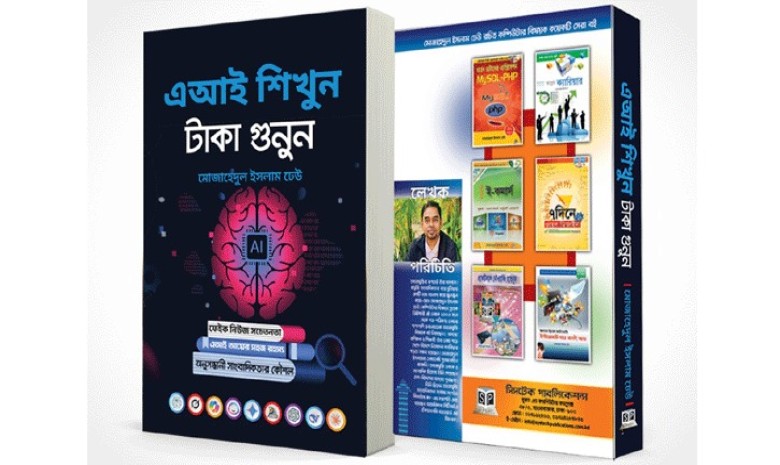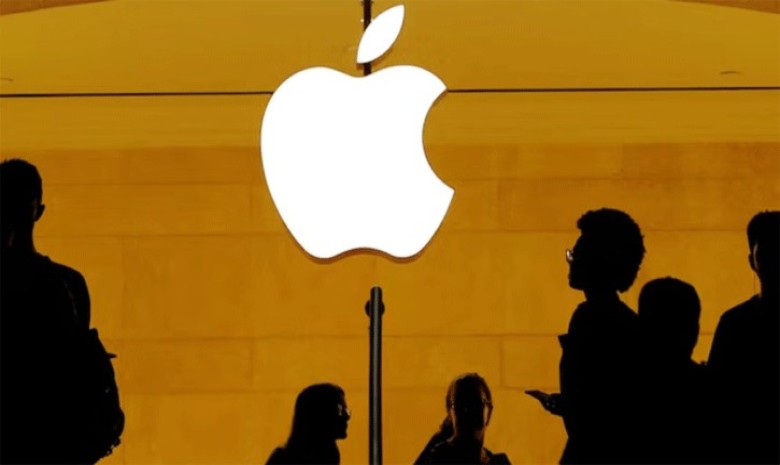News publishers in the UK are voicing growing concern over Google’s AI Overviews, saying the feature is already cutting into their web traffic — a crucial source of revenue — by reducing the number of readers clicking through to original articles.
AI Overviews, which appear at the top of Google’s search results, provide users with summarised answers to their queries. Media executives say this convenience comes at their expense, as readers often do not click on the links that follow.
According to DMG Media, the parent company of MailOnline and Metro, click-through rates have fallen by as much as 89% since the introduction of AI Overviews. David Higgerson, Chief Digital Publisher at Reach, said the change means publishers are no longer being fairly rewarded for the content they create.
“Publishers provide the accurate, timely, trustworthy content that basically fuels Google, and in return we get a click that we can monetise,” Higgerson explained. “Now with Google Overviews, it reduces the need for somebody to click through to us in the first place, but for no financial benefit for the publisher.”
Industry fears and legal action
Industry experts argue the feature could have a long-term impact on news organisations that rely on search-driven traffic for advertising and subscription revenue. Felix Simon, a research fellow at the Reuters Institute for the Study of Journalism at Oxford University, noted that without independent access to Google’s or publishers’ internal data, the full effect on traffic remains difficult to measure.
Some media groups have already taken action. In July, organisations including the Independent Publishers Alliance, tech-justice group Foxglove, and campaigners from Movement for an Open Web filed a complaint with the UK’s Competition and Markets Authority (CMA). They allege that Google is using publisher content to power its AI responses without offering fair compensation. The group has urged the CMA to introduce interim measures to protect publishers’ rights.
Google defends AI Overviews
Google has pushed back against the criticism, insisting that it continues to send “billions of clicks” to websites every day. In an August blog post, Google’s Head of Search Liz Reid said the number of clicks to websites from search has remained “relatively stable” compared with last year, and the quality of clicks — those where users do not immediately bounce back — has improved.
“With AI Overviews, people are searching more and asking new questions that are often longer and more complex,” she wrote. “More queries and more links mean more opportunities for websites to surface and get clicked.”
Publishers prepare for a new reality
Some publishers, such as Bauer Media, which owns Grazia and Empire, say they have not yet noticed a significant drop in traffic. But Stuart Forrest, the company’s Global Director of SEO, warned that the industry is “definitely moving into the era of lower clicks and lower referral traffic.”
He added that publishers are working to adapt by optimising their content to be featured in AI Overviews, while also expanding alternative channels to engage readers directly — from WhatsApp alerts to email newsletters — in an attempt to reduce dependency on Google referrals.
As Higgerson put it: “We need to go and find where audiences are elsewhere and build relationships with them there.”
Total views: 574


























